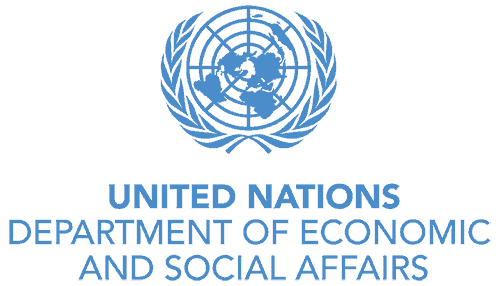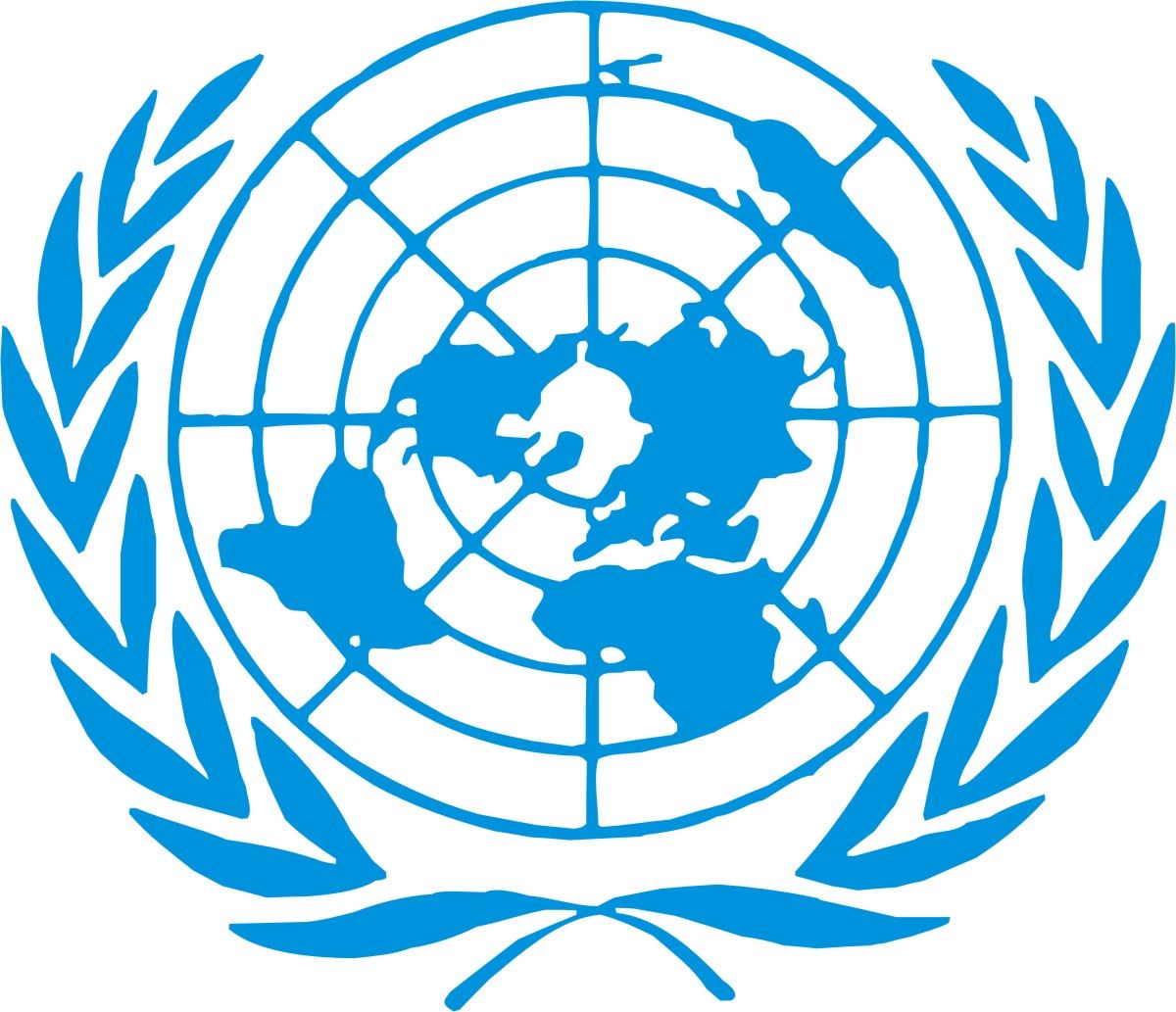Location
The United Nations Economic and Social Council (ECOSOC; French: Conseil économique et social des Nations unies, CESNU) is one of the six principal organs of the United Nations, responsible for coordinating the economic and social fields of the organisation, specifically in regards to the 15 specialised agencies, the eight functional commissions and the five regional commissions under its jurisdiction.
The Council serves as the central forum for discussing international economic and social issues and formulating policy recommendations addressed to member states and the United Nations system. A number of non-governmental organisations have been granted consultative status to the Council to participate in the work of the United Nations.
Members:
Resources
Displaying 41 - 45 of 224Amélioration des politiques et programmes de commercialisation et de crédit agricole : distribution des facteurs de production, épargne rurale et services de crédit en faveur des petits exploitants
Le présent rapport a pour objectif d'examiner les résultats obtenus, de recenser les expériences novatrices et de fournir un cadre de discussion pour l'avenir. Cette politique s'expliquait par les choix politiques des dirigeants nationaux, le désir des gouvernements de pays nouvellement indépendants d'innover et d'agir rapidement, la nécessite d'apaiser les groupes de pression intérieurs, et, quelquefois, le manque de données fiables sur l'efficacité de ces systèmes au niveau de l'exploitation agricole.
Report on measures to be taken to improve basic statistics on women in agriculture in Africa
In Africa, agriculture is the most important sector in national economies. About 80 per cent of the active population works in agriculture. Further, apart from few exceptions, agriculture makes up more than 50 percent of gross national product. Nevertheless, Africa remains the only region in the world in which agricultural production declined between 1970 and 1980, when the growth rate was less than 2 per cent and moreover the gross national product (GNP) per head is one of the lowest in the world.
Improvement of marketing policies and programmes with emphasis on agricultural inputs, rural savings and credit facilities for small farmers and livestock producers, particularly women
The purpose of this paper is to examine the progress that has been achieved, identify innovatory experience and provide a frame for discussion on where to go next. Particular attention will be given to the benefits accruing to small farmers and livestock producers, particularly women. It will deal with policies and programmes in input supply and the provision of credit subject to the continuing constraints on the use of foreign exchange and government finance still prevailing m most African countries.
Report on measures to harmonize livestock development policies in Africa: the performance of the sector and the impact of structural adjustment programmes
The present paper was prepared as part of the work programme of food and agriculture for the 1988-1989 biennium. It constitutes element 2.4 on multinational co-operation on livestock development in Africa and it focuses on the performance of the sector in the face of government intervention and the structural adjustment programmes (SAP). The effect of the SAP on the achievement of increased collective self-sufficiency and self-reliance in animal food production and supply was given particular attention.
Subregional co-operation on the production of tubers and cerals in east and southern Africa, with particular emphasis on the role of women
The scale and persistence of the food crisis in Africa during the last
20 years is of the gravest concern to African governments as well as to the international community. Food production is not able to keep pace with population growth and many countries in the continent have become increasingly dependent on imports of food stuffs originating from international aid.



